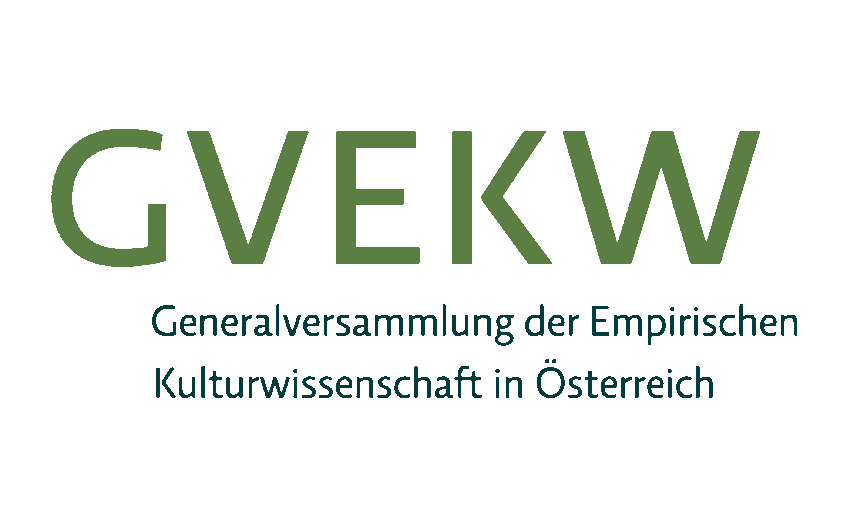General Assembly of Empirical Cultural Studies in Austria

The university departments of the cultural-historical discipline that grew out of the former Volkskunde and is known in Austria as “European Ethnology” (Innsbruck and Vienna) and “Cultural Anthropology/ Cultural Analysis” (Graz and Klagenfurt) have met annually since 2010 (Klagenfurt since 2017) at various locations to discuss current questions and developments concerning the discipline, higher education policy and society.
This network resulted in the General Assembly of Empirical Cultural Studies in Austria (GVEKW) in March 2018, which, with an annually changing presidency, aims to take part in political issues related to the field as a voice of the discipline in Austrian universities. These meetings have already led to joint statements (like the declaration on “People on the Move – ‘Culture’ and ‘Heimat’ [homeland] as Political Instruments” in fall 2015) and further undertakings are planned for the future (such as plans for a “User’s Guide to Culture” to provide information about the current usage of key terms common in cultural studies, like “culture”, “identity”/”belonging”, “tradition”, “cultural heritage”, “Heimat”), etc.).
With the name “Empirical Cultural Studies”, we agreed on an umbrella term that ties together the research fields and perspectives, epistemologies and traditions of a scientific discipline that is anchored at different academic institutions in the German-speaking area under a variety of names (Volkskunde (folklore studies), European Ethnology, Cultural Anthropology, Empirical Cultural Studies, Comparative Cultural Studies) and grew out of the earlier “Volkskunde”.
The transformation of the discipline after the Second World War – in which its representatives were exposed as ideological actors in National Socialism, making critical engagement with the history of the field and its terminology imperative – lead in the 1970s to a focus on empirical studies of everyday culture that were dedicated to the cultural analysis of historical and contemporary social issues and problems. Increasingly intensive and close connections with neighboring disciplines (such as ethnology and in some places cultural and social anthropology) developed out of this shift in direction. Unlike the academic tradition in parts of the English-speaking world, this closeness did not result in both ethnological disciplines being dissolved into one over-arching field like Cultural Anthropology in the US or Social Anthropology in the UK. Rather in German-speaking areas they still remain different disciplines and usually different departments with their own journals and institutions (periodicals, societies, conferences, etc.) that, however, stand in dialogue with each other.
In light of upcoming challenges and the current political usage of central terms and subjects of this discipline that applies obsolete and inappropriate semantics, the university departments have joined forces to proclaim their voice in science policy. A member of the last host institution acts as speaker of the General Assembly.
The General Assembly of Empirical Cultural Sciences in Austria is not a legal entity.
Current contact person is Ass.-Prof. Priv.-Doz. Dr. Konrad Kuhn:
Department of History and European Ethnology - Department of European Ethnology
Universität Innsbruck
Innrain 52d, A - 6020 Innsbruck
konrad.kuhn@uibk.ac.at
Tel.: +43 512 507-43358 (direkt) 507-43353 (Sekretariat)
